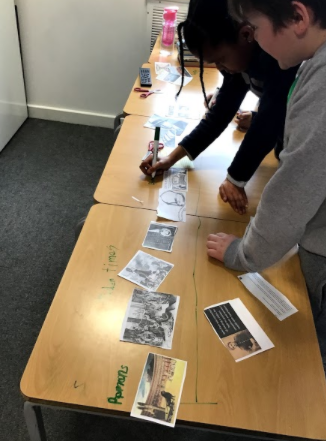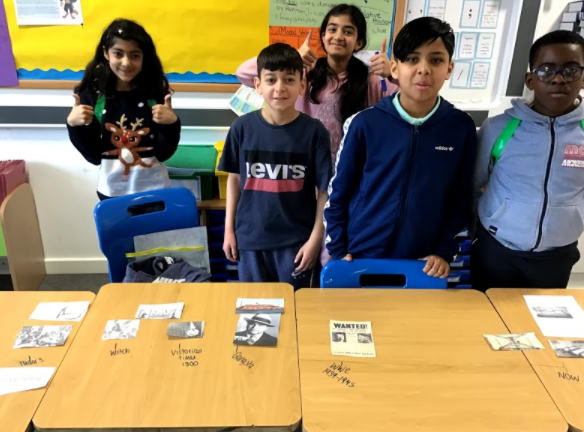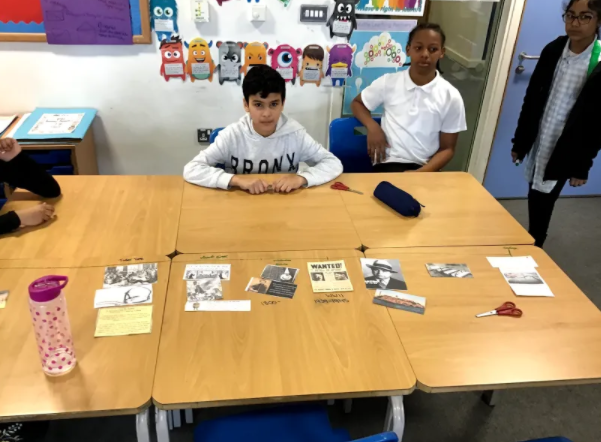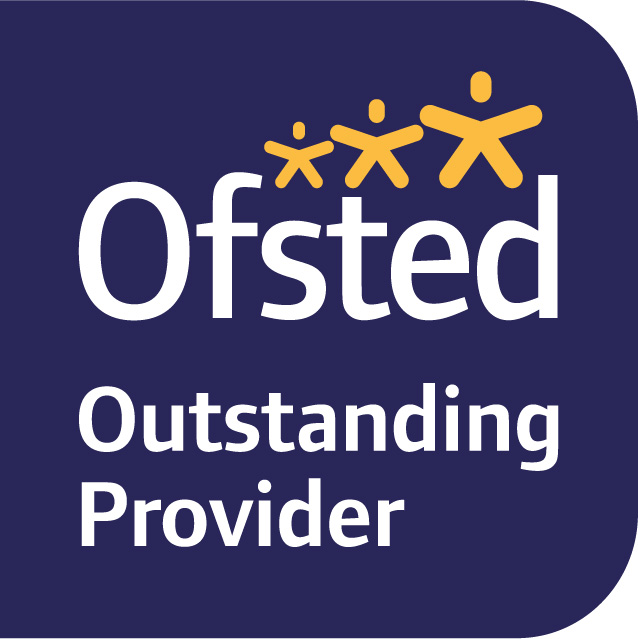History
Why history is important
We want Sheringham children to be excellent historians because we believe that it is important for children to gain an understanding of their own and others’ pasts, which in turn allows them to understand their present and the future of the world around them.
History learning will provide opportunity for enquiry and allow children to make sense of current global events. Sheringham historians will be taught to how to effectively research and to think critically about historical events, taking into account different historical perspectives. With an ever-increasing volume of information available to us, children need to become experts at interrogating, analysing and cross-referencing the information they encounter to allow opinions to be formed and decisions made.
History inspires pupils’ curiosity, giving insight into their cultures of origin as well as cultures with which we might be less familiar, thereby increasing cross-cultural awareness and understanding.
How our history curriculum is designed
Our curriculum is informed by the National Curriculum and enhanced by subject expertise held within Sheringham and the Learning in Harmony Trust, as well as local opportunities and current events.
History is taught in longer topics spanning several weeks, designed to give children the opportunity to become immersed in a unit, deepen their knowledge and understanding, and identify their own lines of enquiry.
How children learn in history
Sheringham historians will:
- Sheringham historians will gain an understanding of chronology and timelines.
- Visit many museums and historical sights of interest in their local area, such as the Docklands Museum, Museum of London, Pudding Lane and the Monument, the Houses of Parliament, The British Museum to name just a few.
- Explore lots of primary sources of information, including artefacts, buildings, diaries, letters and photographs.
- Develop historical lines of enquiry which interest them, using research skills and interrogation of sources to deepen their learning.
- Share their learning through a wide variety of ‘outcomes’ such as presentations, booklets and webpages, effectively using spoken and written communication to share their learning with an audience.
History - Key Concept
'Untold Stories' - Diversity of Experience
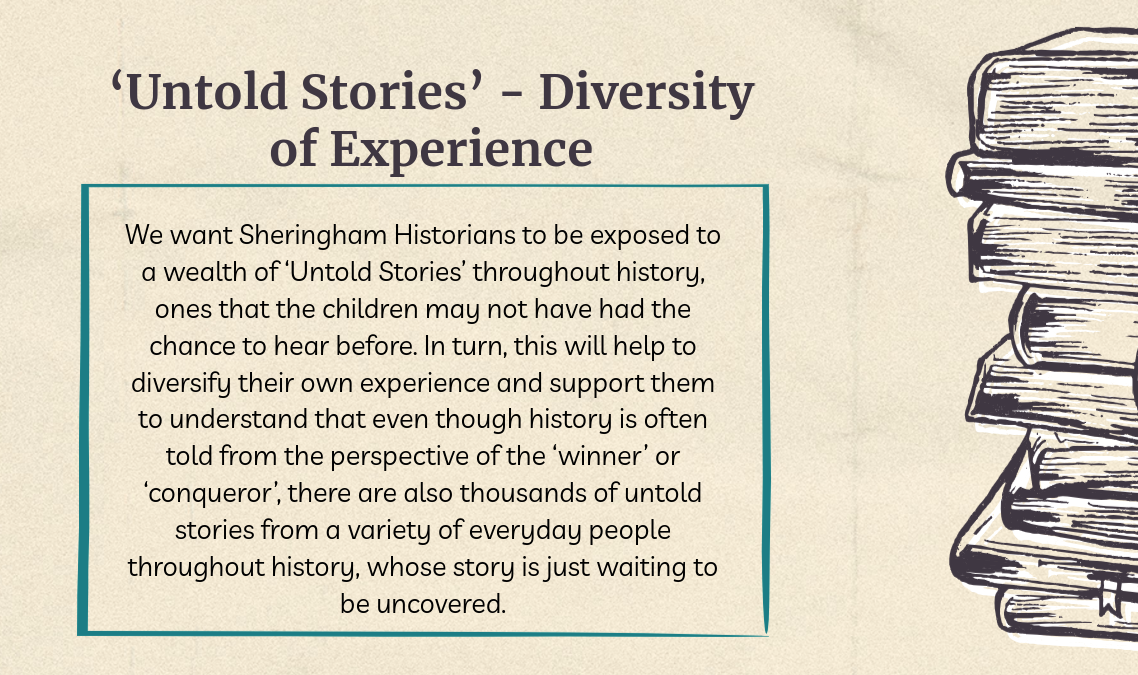
Have a look below at some of the amazing history learning Sheringham children have done this year!
Year 1: The Great Fire of London
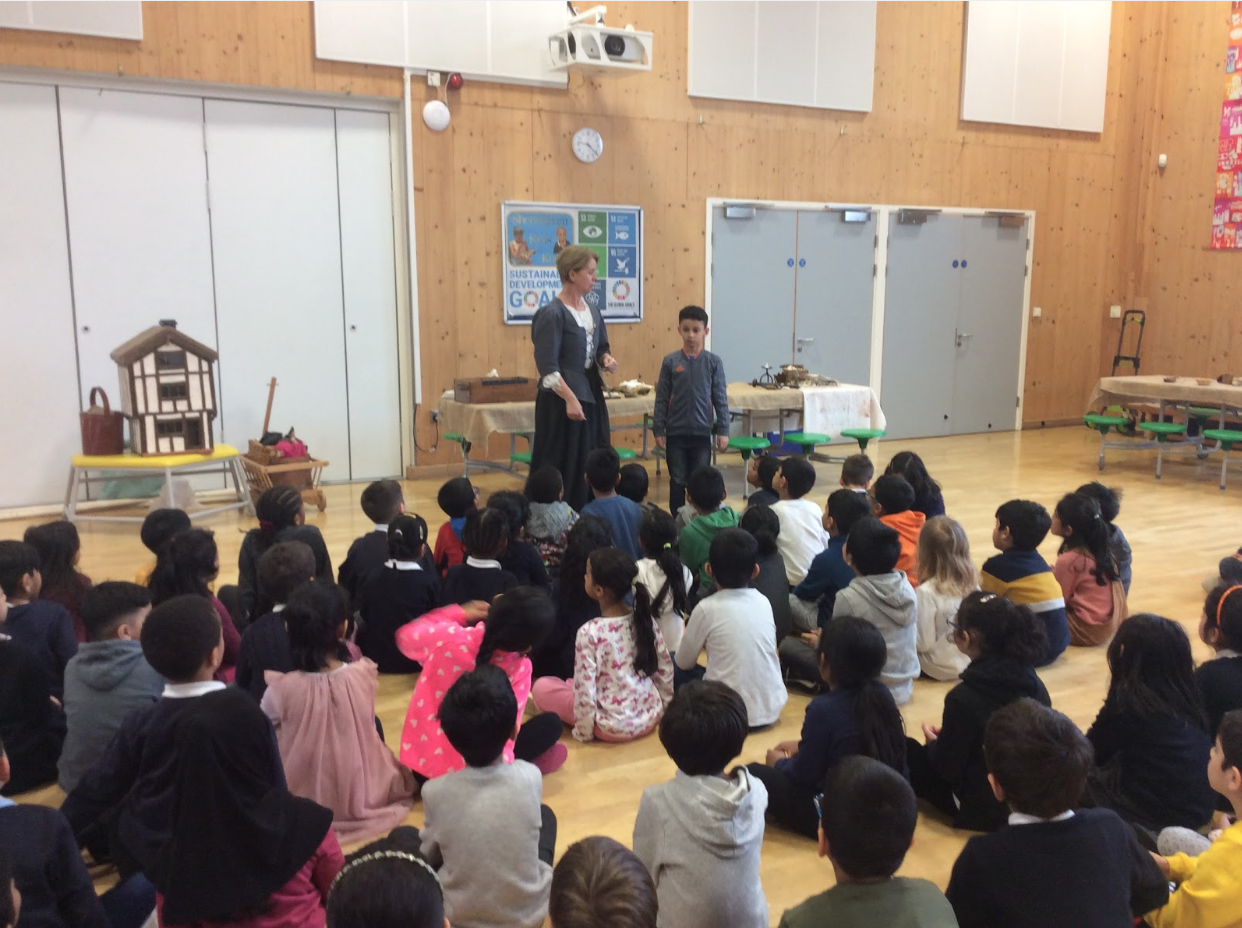
Last term year 1 were transported back in time to 1666 and the hot, dusty streets of London. The children were soon put to work by Mistress Fiona, including jobs at the blacksmiths, bakers and weavers.
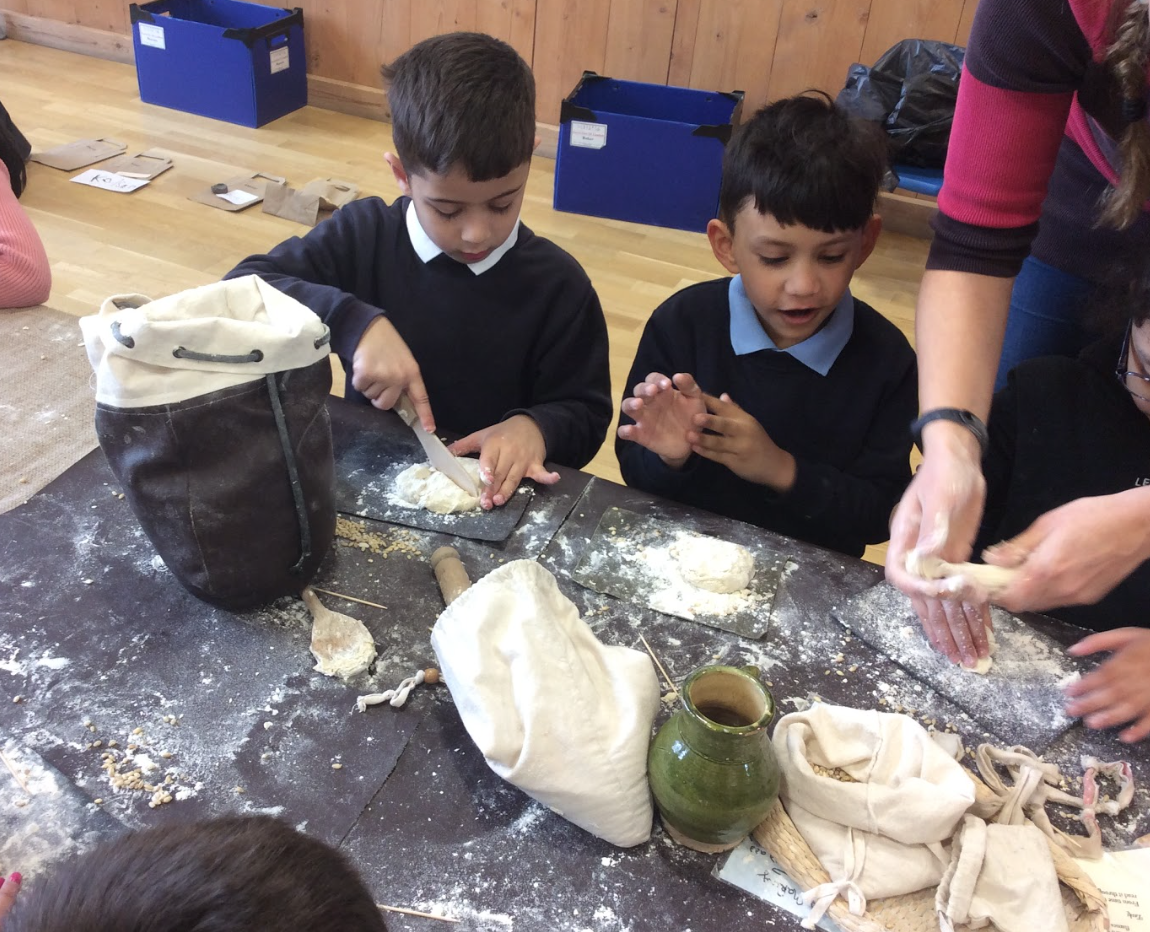
They learned how to make ink to write with a feather quill and to make a button press for the rich.
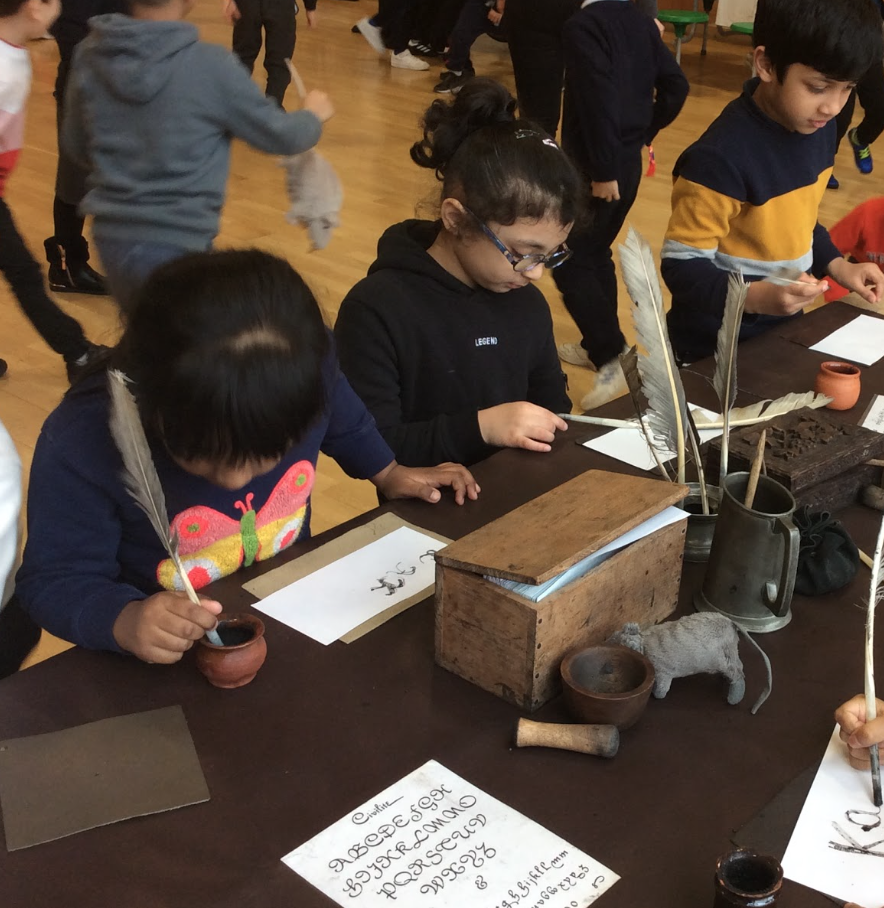
Suddenly, disaster hit as the Great Fire swept through the city. We had to work quickly collecting water from the well and pulling down houses with fire hooks to stop the spread.
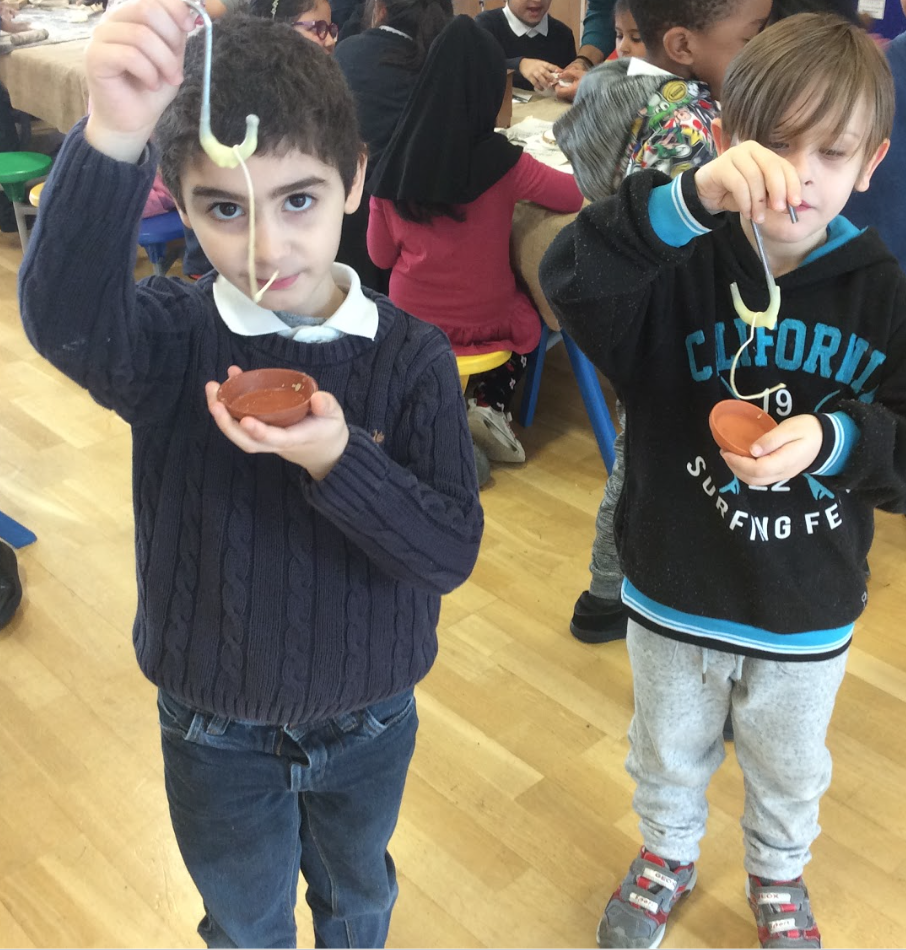
Unfortunately, all their houses were destroyed, leaving the children with a task to search through all the rubble and find their belongings.
Year 5: Investigating Sources
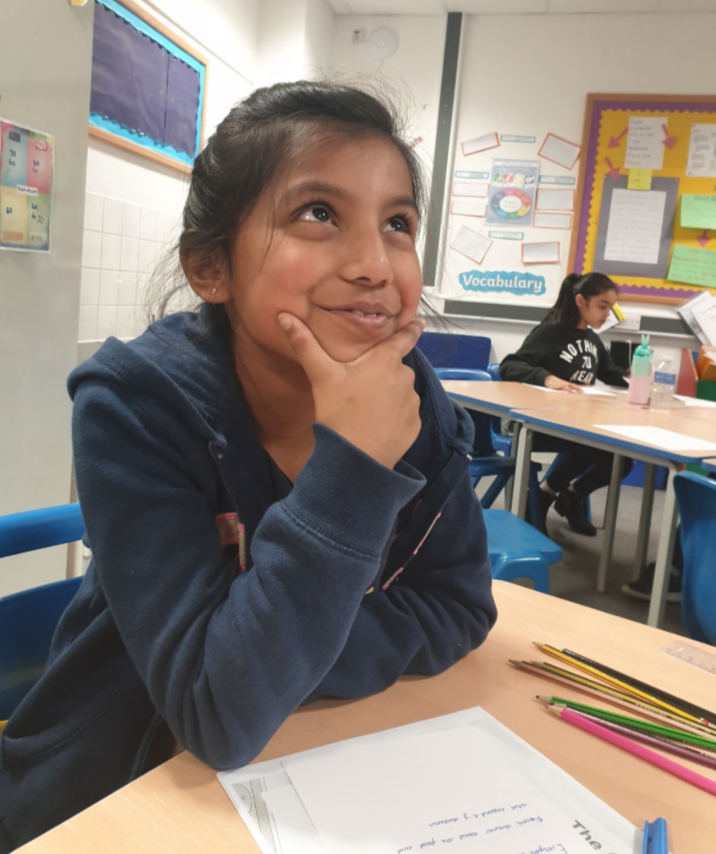
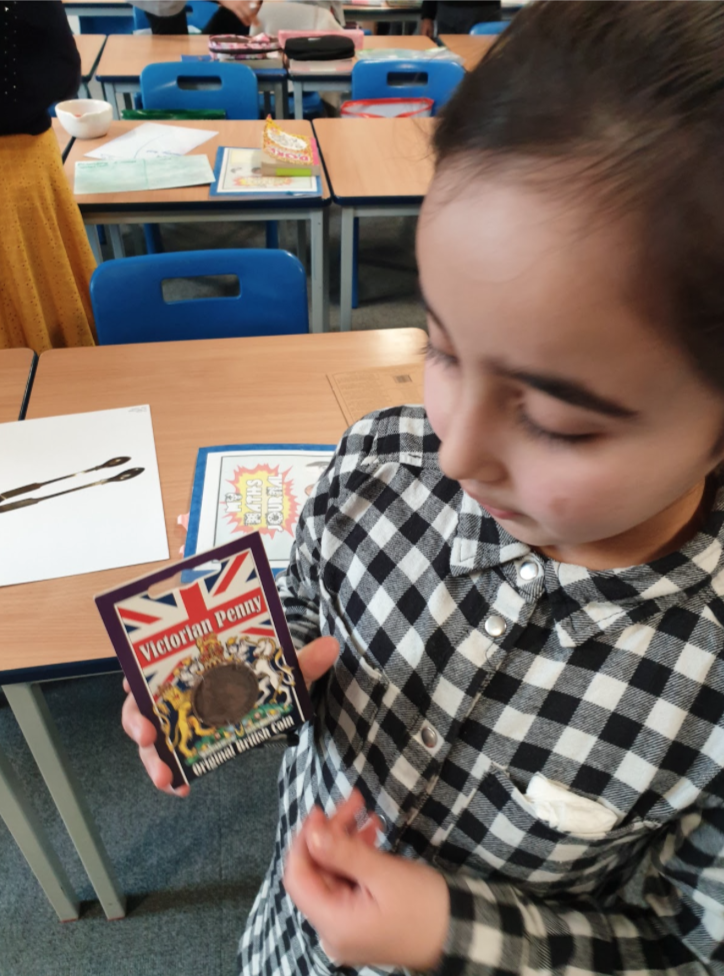
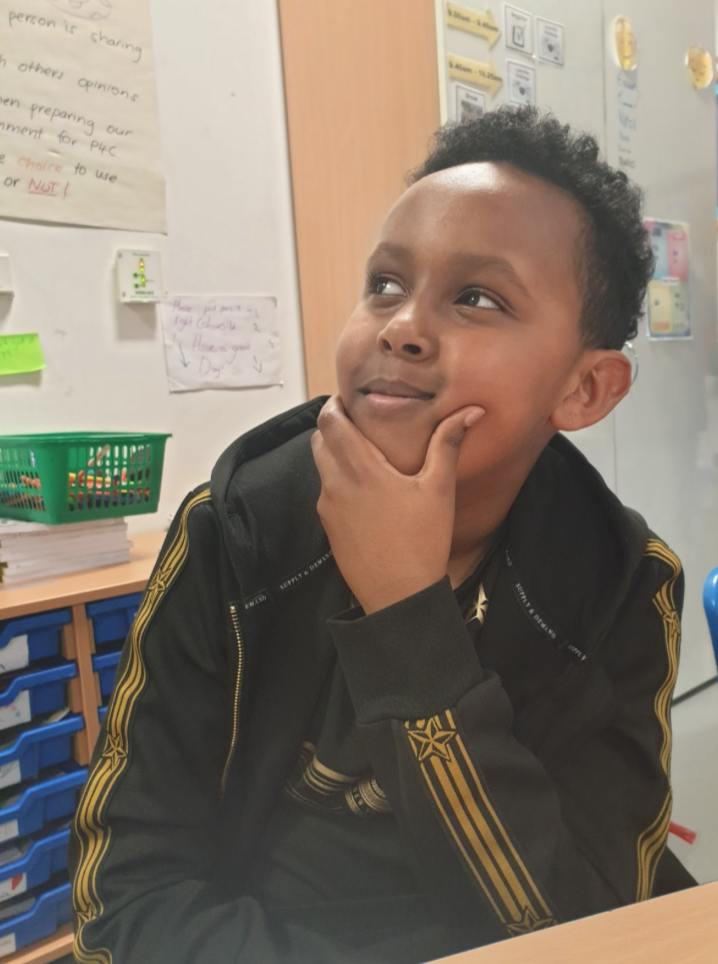
Year 6: The History of Crime and Punishment
